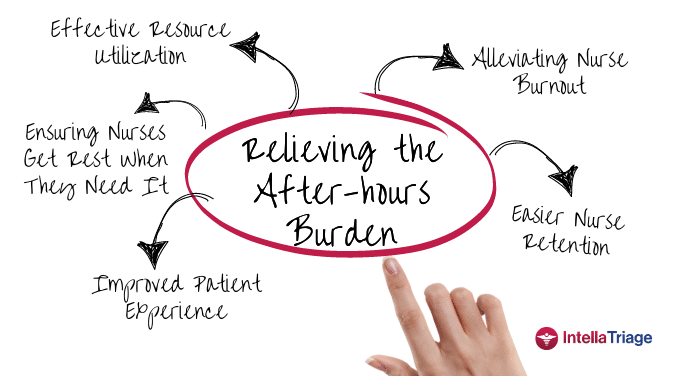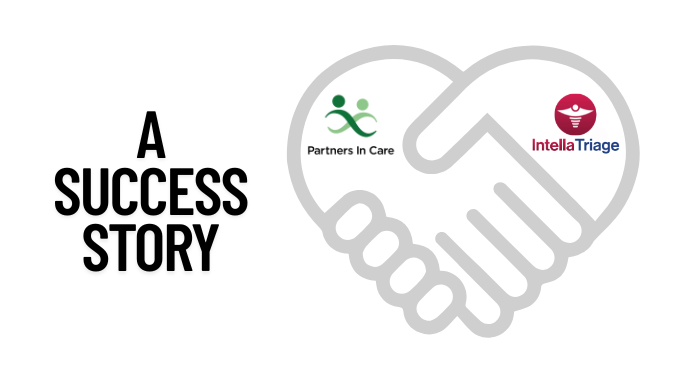Burnout among healthcare professionals, particularly nurses, is a persistent issue. The ongoing nursing shortage and the upcoming boom in the aging population have intensified this problem, adding urgency to hospice and home health organizations’ efforts to find effective solutions. While traditional methods focus on workload and administrative burdens, innovative strategies address the root causes of burnout in the post-acute care industry. This approach involves leveraging technology and outside-of-the-box approaches to create a more sustainable and supportive work environment for nurses.
One key part of this fresh approach is relieving the after-hours burden on hospice and home health nursing staff. This strategy is crucial in addressing nurse burnout and enhancing overall job satisfaction and retention. By incorporating the services of professional nurse triage teams, organizations can significantly reduce the stress and workload on their in-house nursing staff.
Effective Resource Utilization
Professional nurse triage teams are specialized in handling after-hours patient calls, managing administrative tasks, and providing additional support. By delegating these responsibilities to a dedicated team, “in-house” hospice and home health nurses are freed from the constant interruptions and demands that can arise during off-hours or while at the bedside. This allows them to concentrate on direct patient care during their shifts without the added pressure of after-hours responsibilities.
When nurses are not overwhelmed by after-hours calls, they can better utilize their skills and expertise during their scheduled shifts. This optimized resource utilization leads to a more efficient and effective healthcare delivery system. Nurses can focus on delivering high-quality care to their patients, which improves patient outcomes and satisfaction.
Ensuring Nurses Get Rest When They Need It
One of the most significant benefits of reducing the after-hours burden is that nurses can get the rest they need. Essential for maintaining physical and mental health? Adequate rest. It directly impacts a nurse’s ability to provide compassionate and competent care. When nurses can rest without worrying about being called back to work, they return to their shifts rejuvenated and ready to tackle their responsibilities with renewed energy and focus.
Rested nurses are more alert, make fewer errors, and are better equipped to handle the demands of their job. This not only benefits the nurses themselves but also enhances the overall quality of patient care. Nurses who are well-rested and mentally prepared for their shifts provide patients with more attentive and effective care.
Easier Nurse Retention
Reducing the after-hours care call burden makes it significantly easier to retain nurses. One of the primary reasons nurses leave their positions is the overwhelming stress and burnout caused by excessive workloads and insufficient rest. Hospice and home health organizations can create a more supportive and sustainable work environment by alleviating these pressures through professional nurse triage services.
When nurses feel supported and valued, they are more likely to stay with their employer. High retention rates lead to a more experienced and stable workforce, which is essential for maintaining continuity of care and building strong patient-nurse relationships. Moreover, reducing turnover saves healthcare organizations the time and resources needed for recruiting, hiring, and training new staff.
Improved Patient Experience
Another critical benefit of using nurse triage teams is the immediate response to patient needs. Patients who call after hours can speak to a nurse in under a minute, receiving timely advice and support. This immediate access to care can alleviate patient anxiety, address concerns promptly, and potentially prevent unnecessary emergency room visits.
When patients can communicate with a knowledgeable nurse at any time, their overall experience improves. They feel reassured and cared for, which enhances their trust in the healthcare organization. Additionally, this approach can lead to better health outcomes, as patients receive the guidance they need when they need it most.
Conclusion
Relieving the after-hours burden on nursing staff is a critical component of reducing burnout and improving nurse retention in the post-acute care industry. By incorporating professional nurse triage teams, healthcare organizations can ensure better resource utilization, provide nurses with the rest they need, and create a more supportive work environment. This approach benefits the nursing staff and leads to an enhanced patient experience, resulting in better healthcare outcomes overall.
IntellaTriage implements innovative solutions that support your nursing staff and improve patient care. Contact us today to learn more about how our nurse triage services can help reduce burnout and create a healthier, happier workforce.
Contact Us for a Consultation
Ready to optimize your triage process? Reach out to us today for a consultation tailored to your needs. Let’s elevate your patient care together.
More From The Blog
Recent data breaches are once again highlighting the urgency of securing protected health information (PHI). In March 2025, Yale New Haven Health System disclosed that an unauthorized third party accessed the personal data of nearly 5.6 million patients. Around the same time, Kentucky’s Cumberland County Hospital suffered a breach affecting more than 36,000 individuals, including [...]
Partners In Care - A Success Story. Partners In Care is a 5-star nonprofit provider of hospice, palliative, and home health services in Oregon. When they decided to reevaluate their after-hours care model, the goal was clear: prioritize patient care while supporting the nurses who make it all possible. Their home health and hospice nurses [...]
We have been made aware of a fraudulent job scam in which individuals are impersonating IntellaTriage and offering fake job opportunities. These scammers are emailing candidates directly and/or reaching out through platforms such as LinkedIn, posing as recruiters or hiring managers. Victims report being sent fraudulent checks with instructions to purchase equipment or gift cards. [...]









